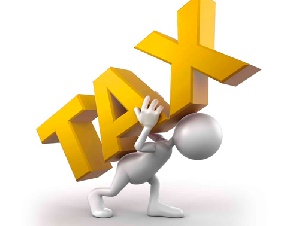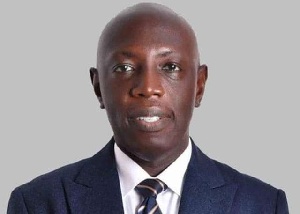- Home - News
- Elections 2024
- News Archive
- Crime & Punishment
- Politics
- Regional
- Editorial
- Health
- Ghanaians Abroad
- Tabloid
- Africa
- Religion
- Photo Archives
- Press Release
General News of Wednesday, 4 June 2025
Source: www.ghanawebbers.com
“Bleeding the poor” – Financial Analyst reacts to ¢1 dumsor levy
Financial analyst Scott Bolshevik has responded to the Energy Sector Levy Amendment Bill 2025. This bill introduces a GH¢1 increase in the levy on petroleum products.
Bolshevik criticized Ghana’s tax policies, calling them shameless. He believes they unfairly burden the poor in an oil-rich economy. He described the tax strategy as frustrating and lazy.
On social media platform X, he stated that Ghana relies on regressive taxes. These taxes affect essential goods like fuel and electricity. They disproportionately impact the poor and middle class, stifling productivity and increasing inflation.
He suggested that instead of broadening the tax base, the government takes an easy route. Investing in tax intelligence could help capture hidden wealth in the informal economy. However, Ghana continues to target the same group repeatedly.
Meanwhile, sectors like real estate and luxury goods remain under-taxed or untaxed. Bolshevik questioned why multinationals can repatriate profits freely while enjoying tax holidays.
The Energy Sector Levy Amendment Bill aims to generate GH¢5.7 billion in revenue. This revenue will help reduce energy sector debts and address erratic power supply issues known as dumsor.
Ato Forson spoke in Parliament about the need for at least $3.7 billion to clear current energy sector debt. He emphasized that without resolving these debts, the power sector risks imminent collapse.
Forson also mentioned that an additional $1.2 billion will be needed for fuel procurement in 2025. The government plans to increase pump prices for diesel and petrol but claims consumers won’t pay extra due to cedi performance.
In summary, Ghana's reliance on taxing essential goods raises concerns about fairness and sustainability in its economic strategy.











